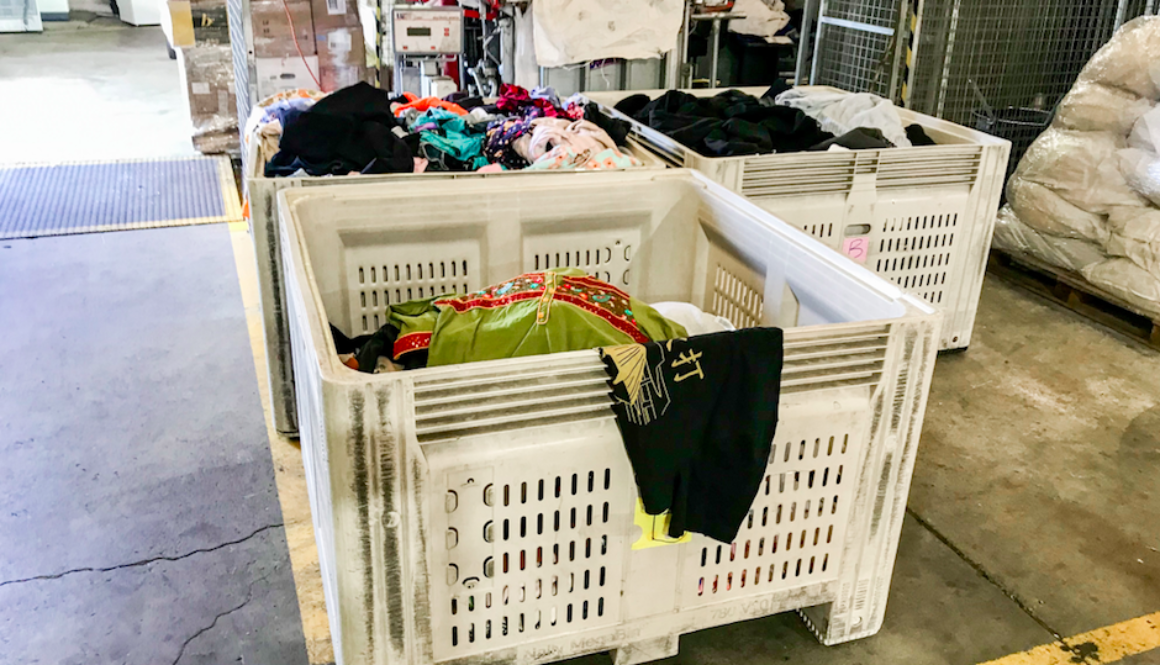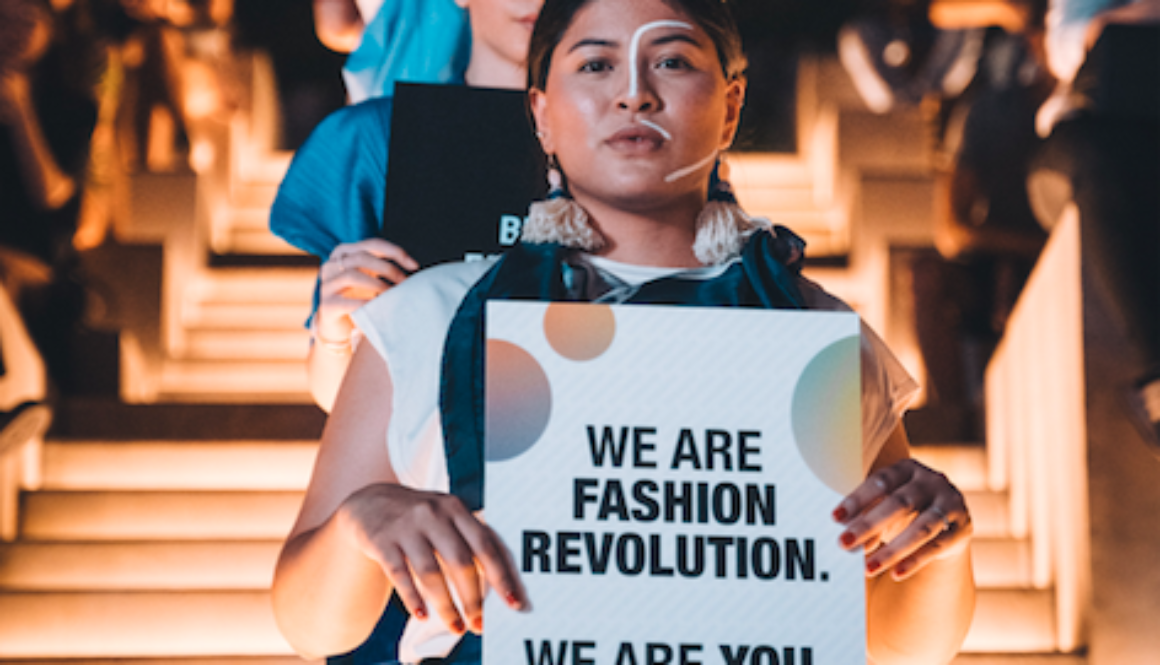This article was originally published in the Humanitarian Changemakers Network’s Changing Times news, written by Georgia Esplin.
At the time of writing, Georgia was a fourth year Journalism and Arts student, majoring in International Relations and Spanish at the University of Queensland. She has undertaken research into the topic of gender and the labour force, with particular emphasis on labour conditions throughout her studies of International Relations. She has a passion for politics and languages, and interned at the Embassy of El Salvador in Canberra.In 2018, she was granted the New Colombo Plan’s scholarship to go to India and produce a mini-documentary. This was where the inspiration for this story was born.
When reflecting on the theme of ‘change’ it is clear that the world is currently in a state of flux. We are seeing thriving industry and growth in places like China and India as a result of this highly globalised world that we live in. Yet the globe is still riddled with inequality.
One major change that has taken place as a result of globalisation is the relationship that consumers have with their products. Consumers are so far removed from the production of their goods that they have little idea of what the process of production entails or where their products were made.
Through an increase in global interconnectivity, countries now export and import globally. This has led to a huge gap between the consumers of these products and the manufacturers – most frequent- ly women in the Global South. Essentially, much of the growth we are seeing across the globe today relies inherently upon exploitation. The constant pressure for companies to sell products for cheaper has led to deteriorating labour conditions and lower pay for those at the bottom of the supply chain. The market-based system breeds inequality.
Exploitative labour is one consequence of the changes the world has faced as a result of increasing interconnectivity. Yet these changes have also prompted positive responses from change-makers across the globe.
Deepa Mathur is one of those change-makers. She started a not- for-profit organisation called Qua- lis which aims to economically em- power women in poverty, celebrate craftsmanship and provide educational workshops as a sustainable initiative to assist them long-term.
I met Deepa while I was in Jaipur to create a documentary on labour conditions in the manufacturing industry. I interviewed her as part of my project, which further fueled my passion for ethical fashion.
Deepa runs Studio Fair Trade, a store which sells handcrafted goods such as teapots, bags, jewellery and ornaments made by local artisans who would otherwise be living in poverty. These products are sold within India and internationally as a means of supporting the artisans in obtaining financial independence. The profits from the organisation go back to the craftswomen and support educational programs to help the women of Rajasthan, and raise awareness within the community of issues that impact women, such as sexual harassment and child marriage. The products crafted by these Rajasthani women are environmentally sustainable, chemical-free and produced under safe working conditions.
Essentially the not-for-profit Qualis trains local, skilled artisan women of Rajasthan to adapt their traditional work to fit the modern market. They try to fill the gap between the product manufacturing and the selling of the products.
Gender equality is a huge element within this complex issue. Artisan women are usually paid a fraction of the price for their pro- duct, as opposed to products made by artisan men in India, who are referred to as ‘master craftsman’. This occurs despite the fact that women are the backbone of India’s craft industry; most of India’s tex- tile production is done by women.
Another major issue within the manufacturing industry is the exploitation of refugees and migrants. Often illiterate migrants from other Indian states will move interstate seeking work. They struggle to find “stable employment, the work they undertake will often be exploitative in nature and they will be paid less than local workers.
Organisations like Studio Fair Trade use the market-based system to their advantage by exporting ethically to their niche buyers across the globe. Globalisation has a dark side, given that it encourages companies to cut costs wherever possible. Yet, for some, such as Deepa, globalisation has offered her the opportunity to export hand-crafted products to niche buyers in Australia and the United States. While capitalism has bred inequality, attitudes towards manufacturing are changing, and there is now space for ethical, sustainable products to compete in the global market too.
Studio Fair Trade does not stand alone – there are plenty of fair trade, ethically produced products available on the market and Australia is one of the biggest consumers of these products. Outland Denim and Etiko are two examples of Australian companies with ethical manufacturing processes.
Deepa says the consumer has a huge role to play in mitigating against child labour, poor labour conditions and the underpayment of workers. She believes that when a consumer knows the story behind a product, when they know who has made the product and the journey of the product, they will be more willing to pay an ethical amount for it. Essentially, when a consumer is aware of the process and connected to the journey, they will be less likely to support exploitative brands and fair trade ethics will prevail.
By only supporting ethical, fair- trade companies, consumers can encourage other companies to improve their labour standards. The Baptist World Aid’s Ethical Fashion Guide is a good place to start re- searching whether the brands you buy have adequate labour standards. The site allows users to share the findings on social media, meaning you can highlight which brands are ethical and which aren’t to the online community.
With today’s youth being more concerned than ever with the conditions in which their products have been manufactured, Deepa has hope for the future of the tex- tile industry. She says quality pro- ducts crafted carefully by hand are becoming valued over cheap, ma- chine-made alternatives. She believes that this trend will continue well into the future.





